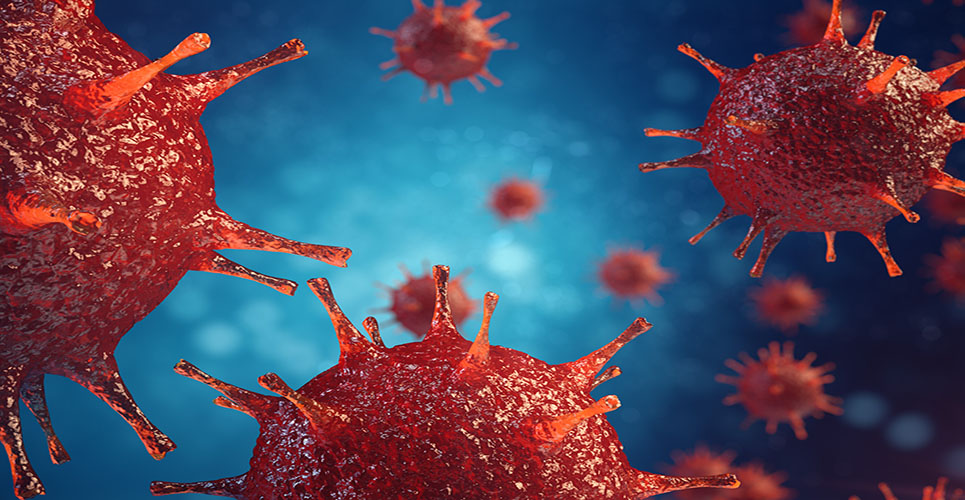teaser
The antiviral drug peramivir could offer significant protection from pandemic influenza caused by a mutation of the avian H5N1 virus, researchers have claimed.
Investigators at St Jude Children’s Research Hospital in Memphis, USA, demonstrated the drug’s ability to protect mice from a virulent strain of H5N1. Notably, they report a 100% survival rate in animals receiving daily intramuscular injections of peramivir.
The drug blocks influenza viruses’ ability to use the enzyme neuraminidase, which prevents release of new virus particles and limits their spread between cells. The St Jude team studied different approaches to treating infected mice by varying duration of treatment, route of administration (intramuscular injections alone versus intramuscular injections followed by oral administration) and frequency of administration.
In all cases, the investigators gave peramivir to mice one hour after nasally administering a lethal Vietnam strain of H5N1 influenza virus. They found 100% survival among 10 infected mice given intramuscular injections of peramivir daily for eight days. The drug also inhibited replication of the virus in the lung, brain and spleen.
The researchers say the key to the high survival rate was treating the infected mice within 24 hours of infection with H5N1 and continuing the treatment for eight days. Dr David Boltz, of the hospital’s infectious diseases department, explained: “Peramivir should be given as soon as H5N1 infection is suspected, since onset of symptoms in infected humans can be delayed. The drug could also be given as a preventive measure during an outbreak to decrease the risk of infection.”
In contrast, a single intramuscular injection resulted in a 40% survival rate, while two intramuscular injections increased the rate to 60%. The single intramuscular injection did not completely inhibit H5N1 virus replication in the lungs and spleen, but did decrease the spread of virus to the brain. Team member Dr Natalia Ilyushina said: “Our findings support the use of peramivir during a pandemic, and we are studying the emergence of H5N1 variants that are resistant to this drug and may occur in the course of treatment.”
Details of the study were presented at the 20th International Conference on Antiviral Research in Palm Springs, California.
PharmaTimes 8/5/2007

